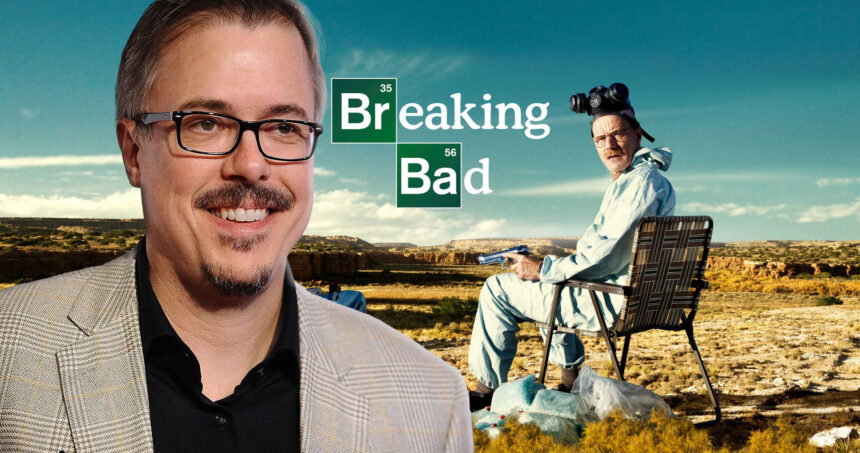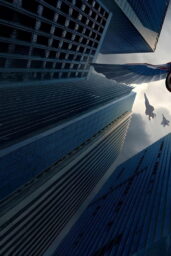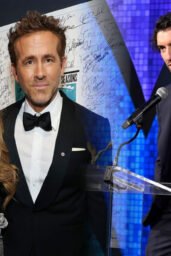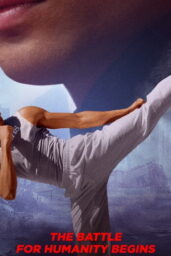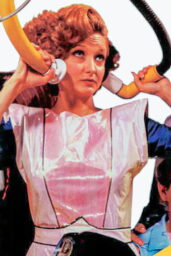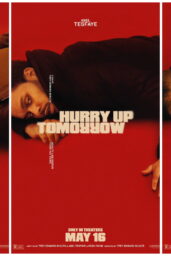In an era where antiheroes dominate our screens, Vince Gilligan, the mastermind behind “Breaking Bad” and “Better Call Saul,” advocates for a narrative shift. Accepting the prestigious Paddy Chayefsky Laurel Award for Television Writing Achievement at the Writers Guild Awards on February 15, 2025, Gilligan urged Hollywood to spotlight virtuous protagonists over charismatic villains.
Gilligan's acceptance speech was both a reflection on his career and a critique of current storytelling trends. He acknowledged the acclaim garnered by Walter White, the central character of “Breaking Bad,” describing him as “one of the all-time great bad guys.” However, Gilligan expressed a desire to be celebrated for creating characters who inspire:
“All things being equal, I think I'd rather be celebrated for creating someone a bit more inspiring.”
He highlighted the prevalence of real-life antagonists, stating, “We are living in an era where bad guys, the real-life kind, are running amok.” This observation led him to question the impact of glorifying fictional villains, suggesting that such portrayals might inadvertently make these characters aspirational. Gilligan cited iconic figures like Michael Corleone, Hannibal Lecter, and Tony Soprano as examples of villains who have been romanticized in popular culture.
Emphasizing the need for change, he proposed that writers focus on crafting characters reminiscent of the “Greatest Generation,” individuals who “give more than they take” and uphold values like kindness, tolerance, and sacrifice. Gilligan's call to action is a plea for narratives that elevate heroes, especially in times when society yearns for positive role models.
This perspective is particularly poignant given Gilligan's upcoming project. He is set to launch a new psychological sci-fi series on Apple TV+ later this year, starring Rhea Seehorn. The series, already filmed, has been compared in tone to Spielberg's “E.T. The Extra-Terrestrial” and aims to explore the human condition in unexpected ways.
Conclusion:
Vince Gilligan's appeal to his peers serves as a timely reminder of the power storytellers wield in shaping societal values. By championing narratives that celebrate genuine heroism and integrity, Hollywood has the opportunity to inspire audiences and perhaps influence a cultural shift towards admiration of true virtue over villainy.
Personal Impressions:
Gilligan's introspection resonates deeply, especially considering his role in creating one of television's most infamous antiheroes. His acknowledgment of the unintended consequences of glorifying villains is both humble and insightful. As a viewer, it's refreshing to see a creator advocate for stories that uplift and inspire, offering hope in challenging times.
Do you believe that shifting focus to heroic protagonists in film and television can positively influence societal values? Why or why not?

